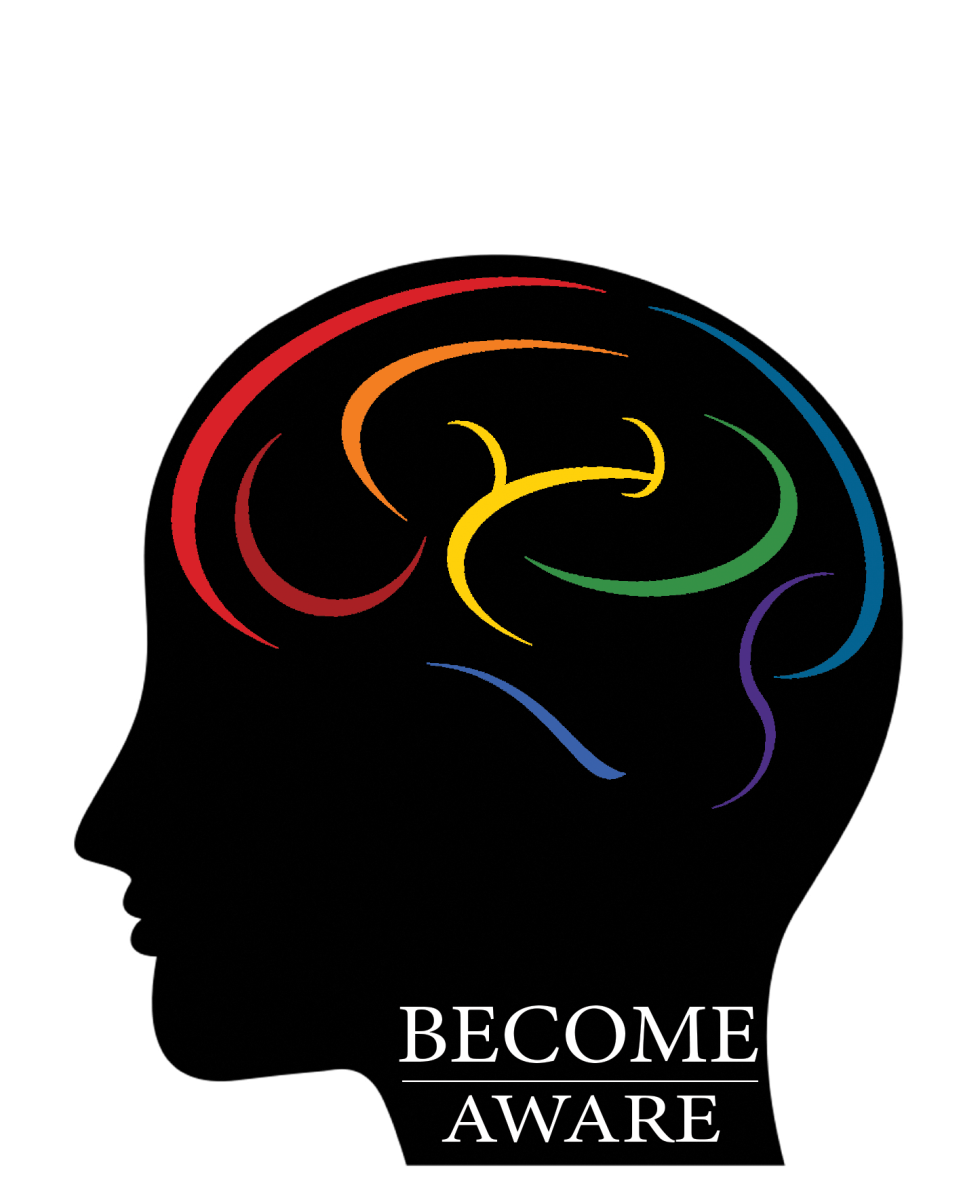The second annual mental health awareness night brought together community and health discussions under the guidance of host organization Hillel. The event took place on Friday, Oct. 12 and was held to coincide with Friday sabbat, a day of rest and celebration of the week in the Jewish faith. Mirroring the positive environment for mental health, sabbat is a time for friends and family, and a time to heal, according to Hillel advisor and IRT manager Marc Fleischner, who suffers from depression.
The event consisted of speakers with songs and prayers in between about strength, recovery and hope which were sung in Hebrew. Along with the speakers, club Active Minds, fraternity Tau Delta Phi, counselor Dr. Stacey Cahn and clinical department member Charles Beinie of Jewish Culture and Family Services came to talk about their connections to mental health and the services provided.
Junior communication studies major Izzy Yellman, a member of Hillel, was one of the first speakers of the night. In her personal anecdote, she explained her depression, something that was diagnosed at 12 years old.
“Whether it was poor self-image, moving away from the only life I’d ever known, or my parent’s divorce, something always was my fault,” Yellman said.
Senior elementary education and English major Ally Wasdick identified her struggles with anxiety, in the form of panic attacks and depression, often leading to self-harm.
“I have many days that I can only describe as ‘off days’ where I don’t feel like myself and feel disconnected from the world around me,” Wasdick said. “I feel empty the majority of time and occasionally don’t feel like doing anything. There are days when I have thoughts of self-harming again just to feel something other than emptiness.”
Yellman went on to talk about her long journey to recovery and regaining balance in her life, while Wasdick went on to explain that it is acceptable to still be figuring it out and to never stop fighting. Although in different stages in their relationship with their respective mental illness, both speakers have emphasized the importance of building a strong support system of people.
“I noticed I needed to reach out to those around me,” Wasdick said. “They reminded me that I was not alone, that I was strong and good enough. They reminded me to keep fighting.”
“It took eight whole years of struggling and pain to find an amazing non-judgmental support system,” Yellman said.
This message of community and family has also extended to the main messages of the event. Their main intent is to let people know that they are not alone in this journey of maintaining their mental health, or as Yellman puts it, “that [the] people in the community understand what it is like to be going through stuff.”
Similarly, the third speaker of the night, Hillel advisor and IRT manager Marc Fleicshman, echoed the intention of being an example for students to look towards.
“I got to the point where I don’t care about what people think, but I understand when you’re 19 or 20, you want people to like you, so that’s why it makes it so much harder for students,” Fleicshman said. “As hopefully a leader here on campus and an adult, if I’m willing to talk about it, the more students are going to say, ‘look, he’s talking about it, it’s not so bad for me to talk about it.’”
A few praised the efforts and intention of the Wellness Center to improve their facilities to help students to maintain their mental health, especially their counselors. Many are certified, and since the tuition pays for the costs of a session, making it a significantly more viable option to go to compared to the expenses incurred if outside the university.
But according to Mandi Dorrells, the advisor for Active Minds, a club on campus dedicated to mental health awareness and education, it is not only the jobs of the counselors, but the members of the community as well.
“The Wellness Center can only do so much,” Dorrells said. “It’s the responsibility of all of us in the community to be each other’s gatekeepers and say ‘hey, I don’t know if this person is doing okay, let me get them to help.'”
However, the stigma and ignorance of the topic of mental illness is still present.
“You can have mental illness and be an active, happy member of society,” Dorrells said. “Those two absolutely are matched to go hand in hand.”
Likewise, Fleischman said that no matter what a person may seem like on the outside they can always be battling with anxiety and depression on the inside.
“The goal isn’t a number, statistic or group,” said junior James McGinty, president of Active Minds. “The goal is a smile, the goal is the human soul, and that’s what we came out here to do.”
Hillel, as continuing their philanthropy work in mental health awareness, is planning to have a Mental Health Awareness night again next year. The Active Minds club is also continuing their effort by setting up a table in the student center patio to raise awareness and educate about mental health.
For comments/questions about this story, email [email protected] or tweet @TheWhitOnline.

























































































































































!["Working with [Dr. Lynch] is always a learning experience for me. She is a treasure,” said Thomas. - Staff Writer / Kacie Scibilia](https://thewhitonline.com/wp-content/uploads/2025/04/choir-1-1200x694.jpg)










































Harold A Mako • Oct 18, 2018 at 1:46 pm
—-However, the stigma …of mental illness is still present
OK, you have been taught to call it stigma. Can you overcome the lesson?